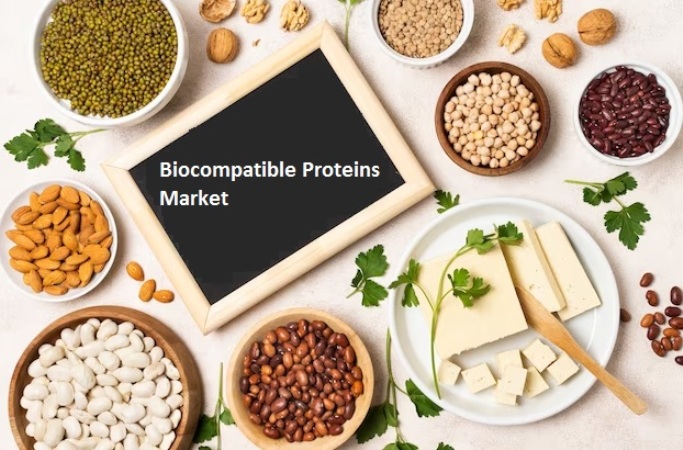
The global market for rheumatoid arthritis treatments is expected to grow at a CAGR of...
Learn More
Our consulting solutions address company specific challenges with respect to micro environment...
Learn More
Organizations frequently need day-today research guidancein order to gain strategic...
Learn More
Exploring different areas of market research and market analysis is a key factor...
Learn MoreAcute Market Reports presents the most extensive global business research services across industries. Our research studies focus on potential outcomes, benefits, and risks associated with each market segment across geographies. Having served our global clients for more than 10 years, our prime priority is to enable our clients in making well-informed business decisions through a data-driven, analytical, and uncomplicated research approach.
We provide access to the world's most comprehensive, analytical, and updated business intelligence services and solutions.




The intelligent all-wheel drive (AWD) system market is expected to witness a CAGR of 16.7% during the forecast period of 2025 to 2033. The intelligent AWD system market is propelled by drivers such as enhanced vehicle performance and safety, the grow...
Read More
The biocompatible proteins market is expected to grow at a CAGR of 13.5% during the forecast period of 2025 to 2033, driven by technological advancements, expanding applications, and robust demand from the pharmaceutical and biotechnology industries....
Read More
The global microwave antenna market is expected to witness significant growth in the coming years. The market revenue is projected to grow at a CAGR of 4.5% during the forecast period of 2025 to 2033. The growth of the market can be attributed to sev...
Read More




